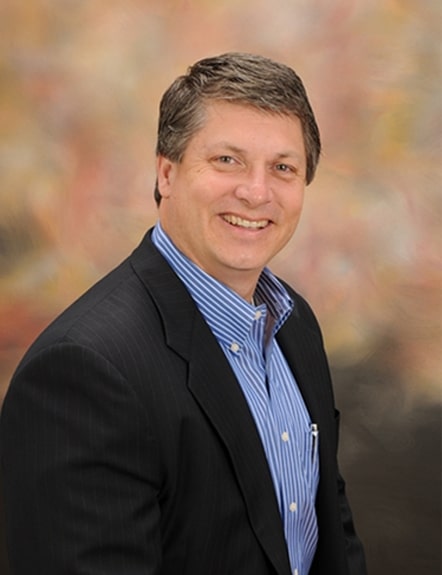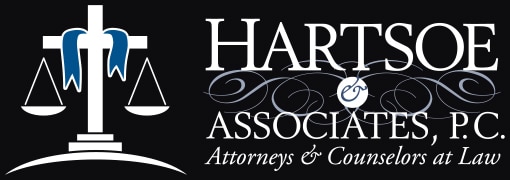North Carolina Churches Can Return to Normal Services Under Phase 1 Executive Order—the Press is Simply Mimicking the Governor in Saying Only Outdoor Services Are Allowed
Executive Order 138 issued by Gov. Roy Cooper on May 5, 2020, known as the Phase 1 Order, is supposed to be the first phase of a three-phase plan to begin to return North Carolina to more normal activities. The prior order, issued March 27, 2020, (and extended to May 8 by Order 135) created a “Stay at Home” requirement for most North Carolina citizens, and restricted places of worship to gatherings of ten people or less.
The Phase 1 order is effective as of 5:00 p.m. today, May 8, 2020. In every news report I have seen, and in every communication from the governor’s office regarding this new order, the message to religious communities is that they can only meet in groups larger than 10 if they do so outside. While this may have been the intent, this is not what the order provides.
First, the Phase 1 order clearly changes the rubric the governor is using for classifying groups and activity by eliminating the distinction between essential and non-essential businesses. The order refers to “allowable activities” instead. Such activities are defined in Section 2(C) of the order. It “allows” people
7. To worship or exercise First Amendment rights. People may leave their homes to travel to and from a place of worship or exercise any other rights protected under the First Amendment to the U.S. Constitution and its North Carolina counterparts.
No limitations here.
Section 6(A) generally prohibits gatherings more than 10 people in a single space, the same language used in the prior order. It specifically excepts from this definition gatherings for “worship, or exercise of First Amendment rights.” In question is whether the last sentence of that paragraph, requiring following the Recommendations to Promote Social Distancing and Reduce Transmission, applies to the activities listed in the first sentence. As is the case with all of these orders, this is not well drafted. General rules of construction applied to statutes (no this is not a statute, but the governor asserts that it is a legally binding document created pursuant to a statute) would provide that the last sentence of the paragraph would only apply to the immediately antecedent provision, unless the language specifically provided differently. In short, it is a fair read of this paragraph to say that it only requires the activities listed in sentence two having to do with airport, bus and train stations or stops, etc. to try and abide by the social distancing guidelines in the order. What is clear is that this section in no way limits worship services to being held outside.
Section 6(C) is a confusing mess. It provides:
Outdoor meetings if possible. Because the risk of COVID-19 spread is much greater in an indoor setting, any gatherings of more than ten (10) people that are allowed under Subsection 6(A) shall take place outdoors unless impossible.
The heading clearly indicates this provision is not mandatory—“if possible.” What does “allowed under Subsection 6A” mean? That section prohibits activities. Excepting a list of activities as not being mass gatherings, including operating airports, bus stations, train stations and medical facilities, as well as activities of worship, is not the same thing as “allowing” something when you are writing a document that is supposed to be law. Once you except these activities in 6A, you have said that such activities are not subject to the entire section prohibiting mass gatherings, because they are not mass gatherings.
Finally, the section ends with the provision that whatever the drafter is talking about here, it should take place outdoors “unless impossible.” What does that mean? Who defines/determines what is impossible? Where you are demanding the populace do something, those words would then mean that the same populace has the burden of making the judgment as to whether something is impossible. Thus, if a religious group determines that it is impossible to hold a gathering outside for any reason, it can hold it inside. There is absolutely no language in any part of this order that directly prohibits any worship or religious activity.
The U.S. Attorney General has issued a warning to governors about issuing orders that abridge the constitutional rights of citizens, saying that the COVID situation in no way suspends the application of the U.S. Constitution. The statute under which Gov. Cooper has chosen to act has no provision allowing him to suspend the North Carolina Constitution. If the governor actually was intending to prohibit any inside worship activity, it is exceedingly easy to state that in the order. Instead, it looks to say that worship has to be outside unless it’s impossible to do so.
If push comes to shove, I also do not believe this order requires the application of the social distancing guidelines in the text given my analysis of the Section 6A provisions. I would encourage religious leaders to consider, however, what is best for your participants in this current moment in deciding on how to proceed in getting folks together in groups in an interior space. There is no doubt that any virus will more likely transmit in an enclosed space with folks close together than in an outside space. It is also true that social distancing, a term I have grown to hate, is proven to help prevent the spread of any disease.
I understand that churches trying to determine whether to go back to inside services may not want to chance a confrontation with law enforcement over the interpretation of the order. If your church or group chooses to re-engage in indoor activities, and you have any interaction with law enforcement or governmental agencies, I would encourage you to simply state why you determined it would be impossible to hold the gathering outside (no equipment to allow you to do so, weather/temperature, no capacity of any kind to do so, no bathroom facilities, etc.) and see what happens. If you are told to stop the gathering, make your own judgment as to what to do from there, and give us a call. Hartsoe & Associates has been advising churches for over 20 years.
For more information, please call us at 336-725-1985 or contact our firm online.

For Tony, the law is a calling, not a job. He is a mountain boy, with simple, straightforward values. Tony loves what he does, and loves to help people through some of the toughest moments anyone will ever face. Learn More
